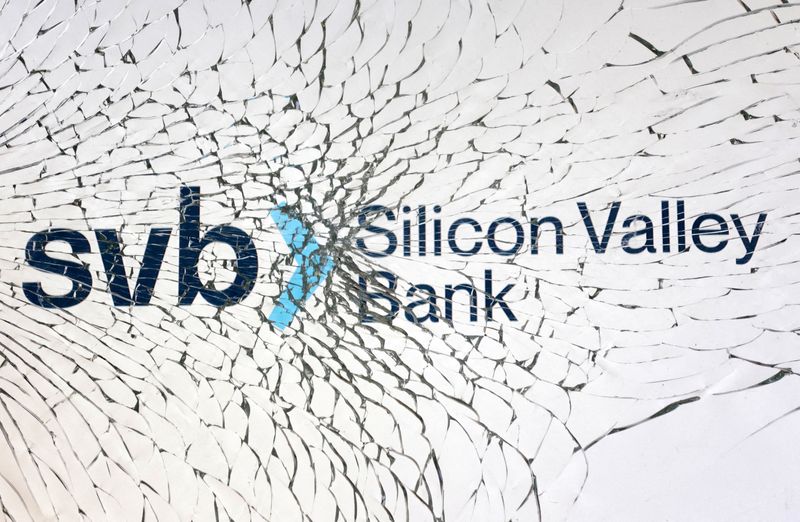This post was originally published on this site

Investing.com–Hedge fund manager Michael Burry, who had famously shorted the 2008 subprime mortgage crisis, said on Tuesday that the ongoing turmoil in the American banking sector could be short-lived, without posing any big threats to the economy.
“This crisis could resolve very quickly. I am not seeing true danger here,” Burry said in a now deleted tweet.
Burry’s comments come as the U.S. Government and the Federal Reserve intervened in the banking sector to stem a greater fallout from the collapse of Silicon Valley Bank- the second-largest banking failure in the U.S..
SVB was closed by regulators last week after it faced a bank run, as rising interest rates took a heavy toll on its balance sheet, while the value of its securities portfolio, which consisted largely of Treasury bonds, plummeted amid higher rates. This saw a near wipeout in the share value of SVB Financial Group (NASDAQ:SIVB), which owns the bank.
Still, the White House said that all depositors in the bank will be covered, while the Fed and the Treasury rolled out emergency borrowing measures allowing other embattled banks to easily access capital.
President Joe Biden also reassured investors that the American banking system was stable, in a televised address shortly after regulators took control of SVB.
SVB’s collapse coincided with the bankruptcy of two other banks- Silvergate Capital Corp (NYSE:SI) and Signature Bank (NASDAQ:SBNY), although the two were also burnt by their exposure to cryptocurrency markets.
Burry, who was portrayed by actor Christian Bale in the 2015 movie “The Big Short”, had recently compared the SVB collapse to the 2008 crisis and the 2000 dotcom bubble crash.
He said that people “full of hubris and greed take stupid risks and fail,” which in turn forces the government into bailing them out by printing money.
Burry had also compared the SVB collapse to that of Enron, the energy trading giant that was charged with accounting fraud in 2001, which resulted in its bankruptcy, as well as the jailing of several high-level executives.

